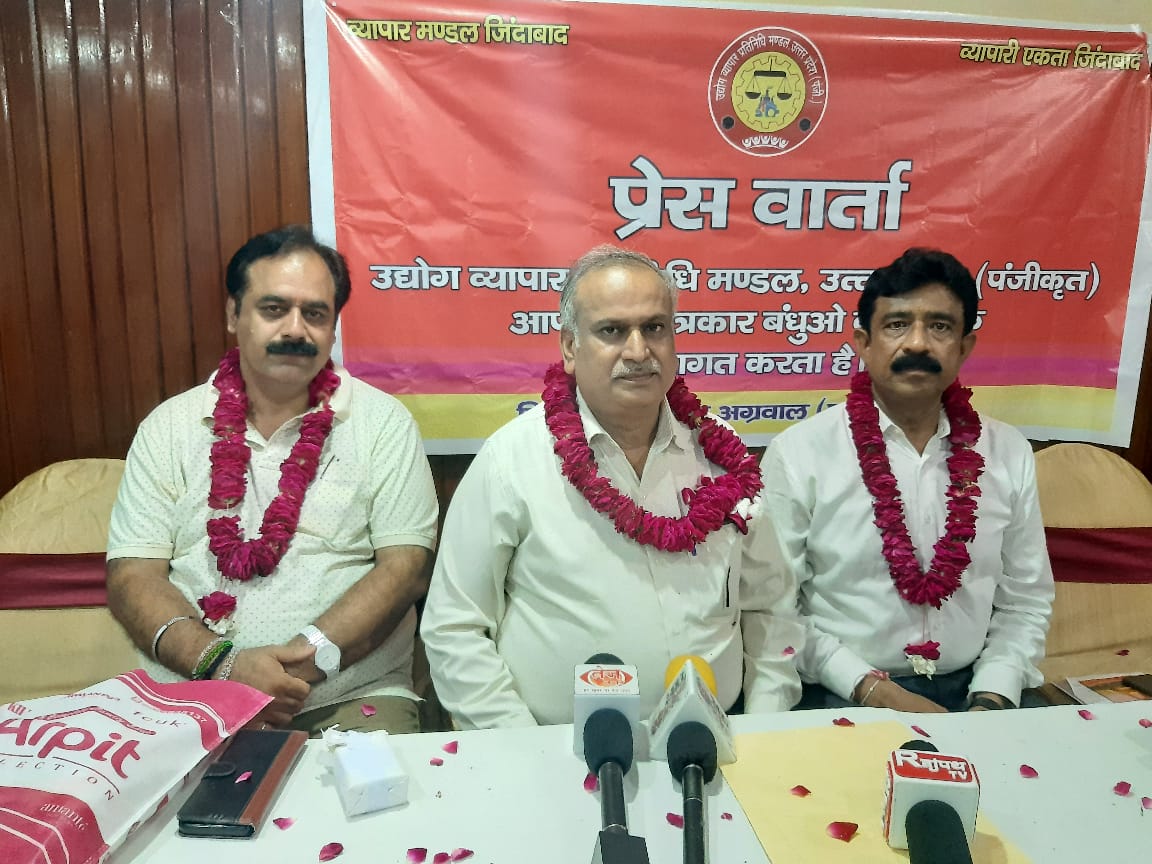Indian labour law refers to laws regulating labour in India. Traditionally, Indian governments at federal and state level have sought to ensure a high degree of protection for workers, but in practice, legislative rights only cover a minority of workers. India is a federal form of government and because labour is a subject in the concurrent list of the Indian Constitution, labour matters are in the jurisdiction of both central and state governments; both central and state governments have enacted laws on labour relations and employment issues.
Indian labour law is closely connected to the Indian independence movement, and the campaigns of passive resistance leading up to independence. While India was under colonial rule by the British Raj, labour rights, trade unions, and freedom of association were all suppressed. Workers who sought better conditions, and trade unions who campaigned through strike action were frequently, and violently suppressed. After independence was won in 1947, the Constitution of India of 1950 embedded a series of fundamental labour rights in the constitution, particularly the right to join and take action in a trade union, the principle of equality at work, and the aspiration of creating a living wage with decent working conditions.




